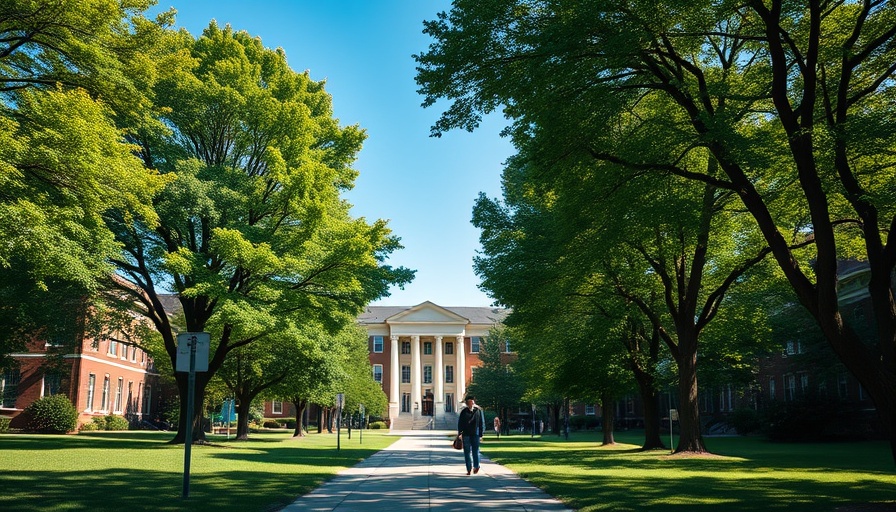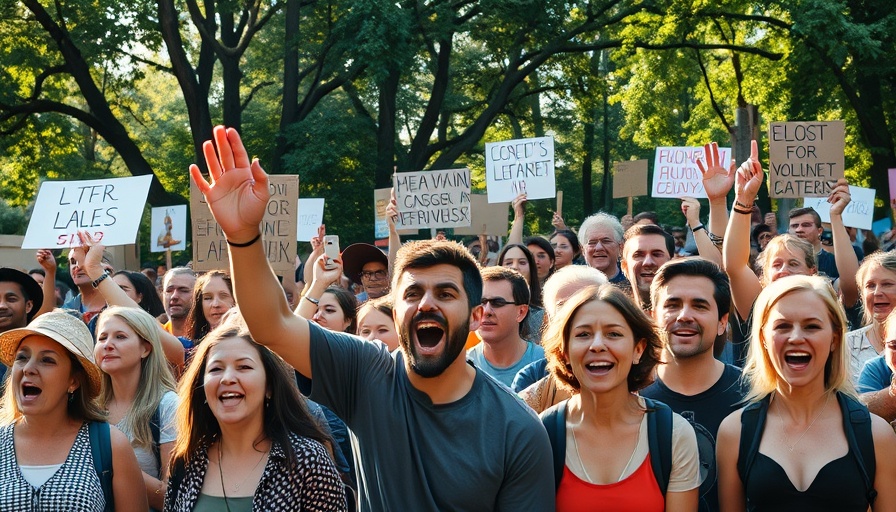
Texas DEI Ban Forces NAACP to Change Venue
In a surprising turn of events, the ACT-SO talent competition for Black high school students, a cherished tradition held for over 15 years at Tarrant County College (TCC), was abruptly relocated due to a recent state law aimed at banning diversity, equity, and inclusion efforts at colleges.
This year’s competition, organized by the local NAACP chapter, was set to take place on April 5, but on April 3, organizers received an invoice for $5,800—a cost that far exceeded what they had historically paid. Frustrated by the short notice and the financial burden, NAACP officials, who had been preparing for this event since October, found themselves in a challenging position.
Understanding the Impact of Senate Bill 17
The catalyst behind this disruption is Senate Bill 17 (SB-17), legislation that prohibits Texas public colleges from having DEI offices or co-sponsoring events that consider race, ethnicity, or gender. This law has profound implications on how colleges can engage with diverse community events, fundamentally altering the landscape of support for minority groups within educational spaces.
TCC, which had long co-sponsored the ACT-SO event, now found itself in a position where any continuity of support would have led to legal repercussions. “We can no longer support events designed or implemented in reference to race, color, or ethnicity,” TCC general counsel Antonio Allen stated, stressing the tension between legal compliance and community engagement.
The Community's Response to Legislative Changes
The abrupt venue change to Carter Metropolitan CME Church, though a solution, highlights a growing concern within the Fort Worth community. Many question how such legislation impacts not only cultural and educational celebrations but also the future of advocacy and support for marginalized groups.
Estella Williams, president of the Fort Worth/Tarrant County NAACP, expressed her disappointment, emphasizing the detrimental effects of the increased costs and last-minute changes. Her sentiments resonate deeply with many community members advocating for more robust support systems for diversity initiatives.
A Lesson in Community Resilience
Despite these challenges, the spirit of the ACT-SO competition prevailed. More than 50 students persevered and showcased their talents in various categories, from STEM projects to performing arts. The resilience of the participants reminds us that community spirit can shine brightly, even amid adversity.
While the legal landscape continues to evolve, there remains an urgent need for dialogue regarding support for diversity within Texas educational institutions. Local events like ACT-SO play an essential role in fostering talent, encouraging youth engagement, and nurturing future leaders.
What’s Next for DEI in Texas?
The implications of SB-17 not only affect events in colleges but open discussions about the broader trajectory of inclusivity in education and community spaces across Texas. As communities grapple with these legislative changes, it is imperative for individuals and organizations to advocate for continued support of diverse initiatives that enrich the collective experience.
Understanding how this law will reshape local educational support will take time and involvement from concerned citizens. Community forums and discussions will be vital in voicing these challenges and implementing potential solutions.
The story of the ACT-SO competition serves as both a cautionary tale of policy impacts and a beacon of hope through community resilience. It reflects the strength of the Fort Worth community in the face of difficult circumstances.
To stay informed about local events, advocacy efforts, and community resilience narratives, connect with your neighbors and participate in discussions. Being active in your local initiatives can make a significant impact.
 Add Row
Add Row  Add
Add 




 Add Row
Add Row  Add
Add 

Write A Comment